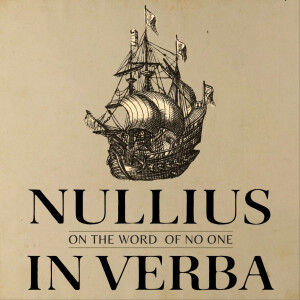
In this episode, we discuss the role of trust in science. Why should we verify but trust other scientists? What are the prerequisites for building trust within the scientific community? Who is ultimately responsible for verifying our claims and practices that bolster those claims? And should we give personality tests to everyone who enters academia?
Shownotes
- Hardwig, J. (1991). The role of trust in knowledge. The Journal of Philosophy, 88(12), 693–708.
- Hendriks, F., Kienhues, D., Bromme, R. (2016). Trust in Science and the Science of Trust. In: Blöbaum, B. (eds) Trust and Communication in a Digitized World. Progress in IS. Springer, Cham. https://doi.org/10.1007/978-3-319-28059-2_8
- Strand, J. F. (2023). Error tight: Exercises for lab groups to prevent research mistakes. Psychological Methods, No Pagination Specified-No Pagination Specified. https://doi.org/10.1037/met0000547
- Duygu Uygun-Tunç: Trust and criticism in science, Part I: Critical rationalism instead of organized skepticism: https://uyguntunc.wordpress.com/2020/10/30/trust-and-criticism-in-science-part-i-critical-rationalism-instead-of-organized-skepticism/
- Vazire, S. (2017). Quality Uncertainty Erodes Trust in Science. Collabra: Psychology, 3(1), 1. https://doi.org/10.1525/collabra.74
- Wicherts, J. M. (2011). Psychology must learn a lesson from fraud case. Nature, 480(7375), Article 7375. https://doi.org/10.1038/480007a
- Fricker, E. (2002). Trusting others in the sciences: A priori or empirical warrant? Studies in History and Philosophy of Science Part A, 33(2), 373–383. https://doi.org/10.1016/S0039-3681(02)00006-7
Version: 20241125
No comments yet. Be the first to say something!